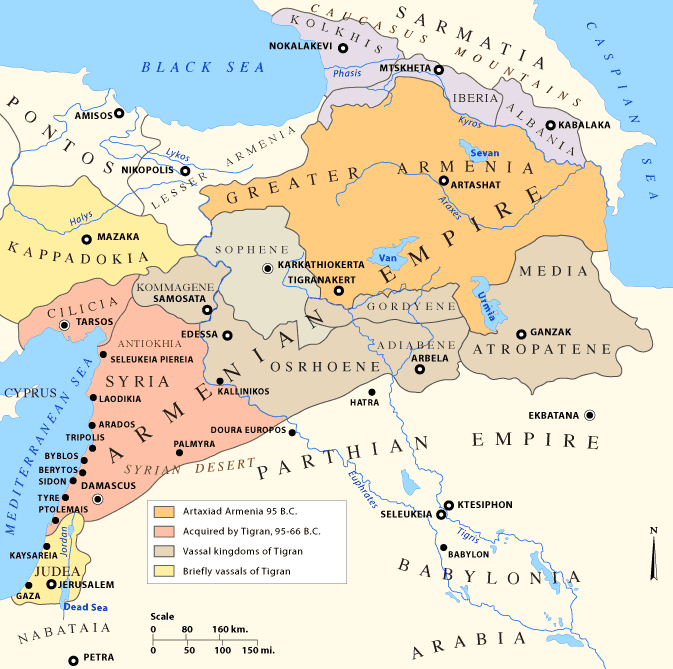What if at the end of his otl eastern campaign Pompey decided to take war to Parthia and he breaks the Parthians for a generation while taking there empire west of the zargos for Rome. He also conqures the ptolomeic kingdom because Alexander also conqured eygpt. This adds an extra five years to his eastern campaign.
How much more rich and powerful did Pompey make himself? How rich and powerful did he make Rome? Can Caesar get stuff done in his consulship with Pompey in the east? How much does Crassus hate Pompey know? Can Pompey get land grants for his soldiers and his eastern settlement ratified by the senete alone with his extra power? What happens to the Parthians? How does history in general change?
How much more rich and powerful did Pompey make himself? How rich and powerful did he make Rome? Can Caesar get stuff done in his consulship with Pompey in the east? How much does Crassus hate Pompey know? Can Pompey get land grants for his soldiers and his eastern settlement ratified by the senete alone with his extra power? What happens to the Parthians? How does history in general change?
Last edited:
